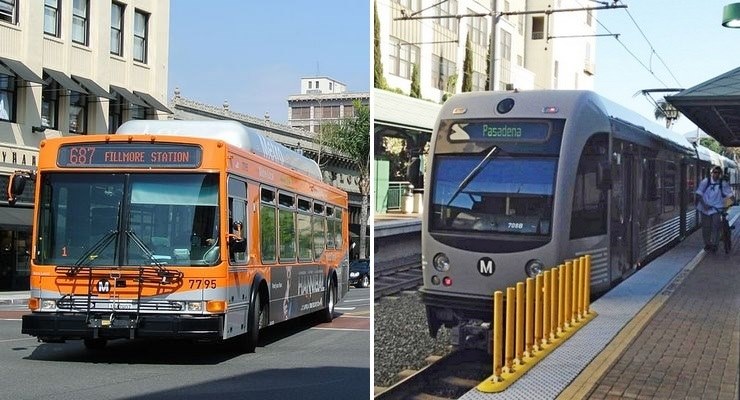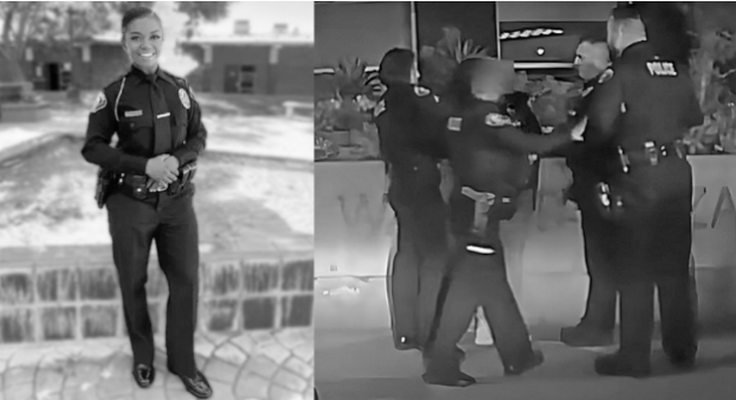
Metro Thursday is continuing recruitment efforts for the second phase of a program, which will provide 2,000 participants with money to spend on transportation.
Dubbed the Mobility Wallet, qualifying participants can apply at metro.net/mobilitywallet1, and will have until the end of August to do so. Participants are selected at random and will receive a debit card with $900 in the fall, followed by another $900 refill six months later.
Individuals who apply must be at least 18 years old, live in Los Angeles County and who did not participate in Phase 1 of the pilot. Additionally, applicants must meet the program’s household annual income requirements, which is based on the agency’s LIFE program:
- One-person household with an annual income $44.1K or less;
- Two-person household with an annual income of $50.4K or less;
- Three-person household with an annual income of $56.7K or less;
- Four-person household with an annual income of $63K or less;
- Five-person household with an annual income of $68.1K or less; and
- Six-person household with an annual income of $73.1K or less.
Metro will be working with UCLA and UC Davis to randomly select participants in Phase II. Like in Phase I, the agency will attempt to identify a representative sample and look at different parameters/indicators to select participants. An example of this is transit-rich communities versus communities that might be in a transit desert.
Of the 2,000 Mobility Wallets distributed, about 1,000 will be given to participants in South Los Angeles and the remaining 1,000 will be sent out countywide.
The agency first launched its prepaid debit card program in May 2023, which provided 1,000 South L.A. participants with $150 per month for 12 months. It allowed them to ride public transportation such as buses, trains, bike shares and Metro Micro vans as well as regional services such as Metrolink and Amtrak. Money could also be used for private buses like Greyhound, Flix Bus and shared rides such as Uber and Lyft.
Metro reported about 60.7K trips via ride hail/taxi/access services, 70.8K trips via public transit, 2.2K trips via shared scooters and bikes, and 169 bike shop purchases.
Hector Gutierrez, Metro’s senior manager of strategic innovation, said based on feedback from the first phase that there’s statistical significance the program is providing transportation security.
“It really has been a lifeline to support social connections, supporting the financial security of households in not thinking about transportation cost burden, and I think importantly, it’s also been a way to support access to opportunity,” Gutierrez told City News Service.
People have been able to get to work, interviews, and medical appointments as a result of the program.
According to Metro, some challenges found in phase one of the program included pre-authorization holds (required by ride-hailing and shared mobility service companies), clarification on eligible merchants, and accounts being locked, a security measure for the prepaid debit cards.
To address these issues moving forward, Metro made some changes in this next stage by having two $900 fund distributions.
Additionally, Metro is developing a Mobility Wallet How-To Guide to help recipients maximize their funds. This guide will provide best practices for signing up for the LIFE program, accessing other income-eligible services, and optimizing wallet usage to meet mobility needs.
“We are also implementing several customer service enhancements, such as Apple/Google Pay functionality, text message alerts and email reminders to encourage participants to check their balances and prevent account locks. Metro is committed to putting customers first and resolving issues quickly,” the agency said in a statement.
Avital Shavit, senior director of strategic innovation, told City News Service that in phase two participants will be able to access a virtual Mobility Wallet, something similar to ApplePay.
The pilot program is also aimed at helping the agency test an open loop system for fare collection, meaning riders would be able to use a debit or credit card to tap on a bus or train.
Similar systems have been in use in New York and San Francisco.
“That’s something that the Mobility Wallet is preparing for and something that we will be doing additional research to understand how that kind of fits into the ecosystem long term,” Shavit said.
Metro partnered with the city of Los Angeles’ Department of Transportation for the program. In the first phase, Mobility Wallet received funding from $2 million from a larger $13.8 million State Trade and Expansion Grant and another $2 million from L.A. City.
In this second phase, Metro secured a $4 million grant from the Southern California Association of Governments.



















